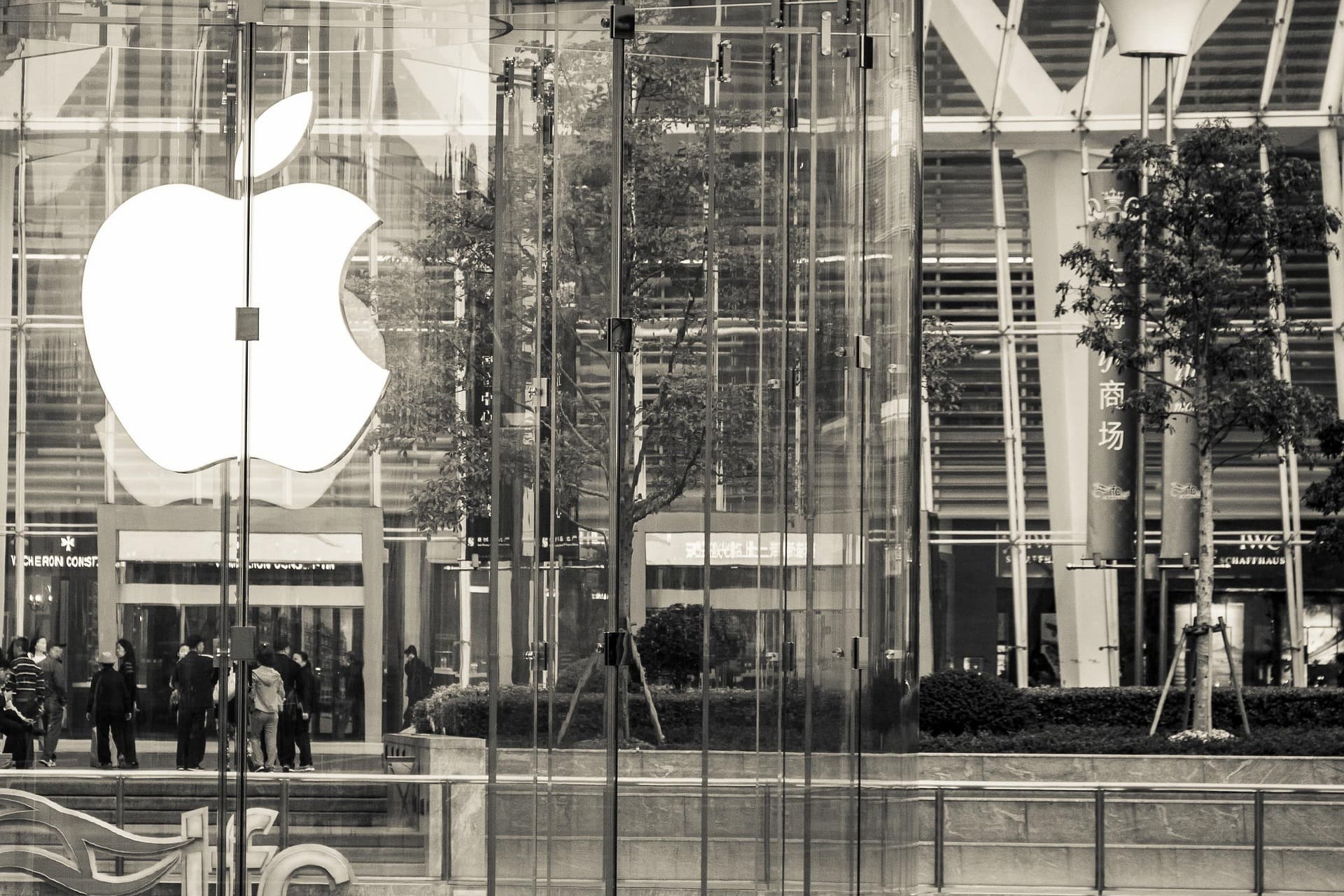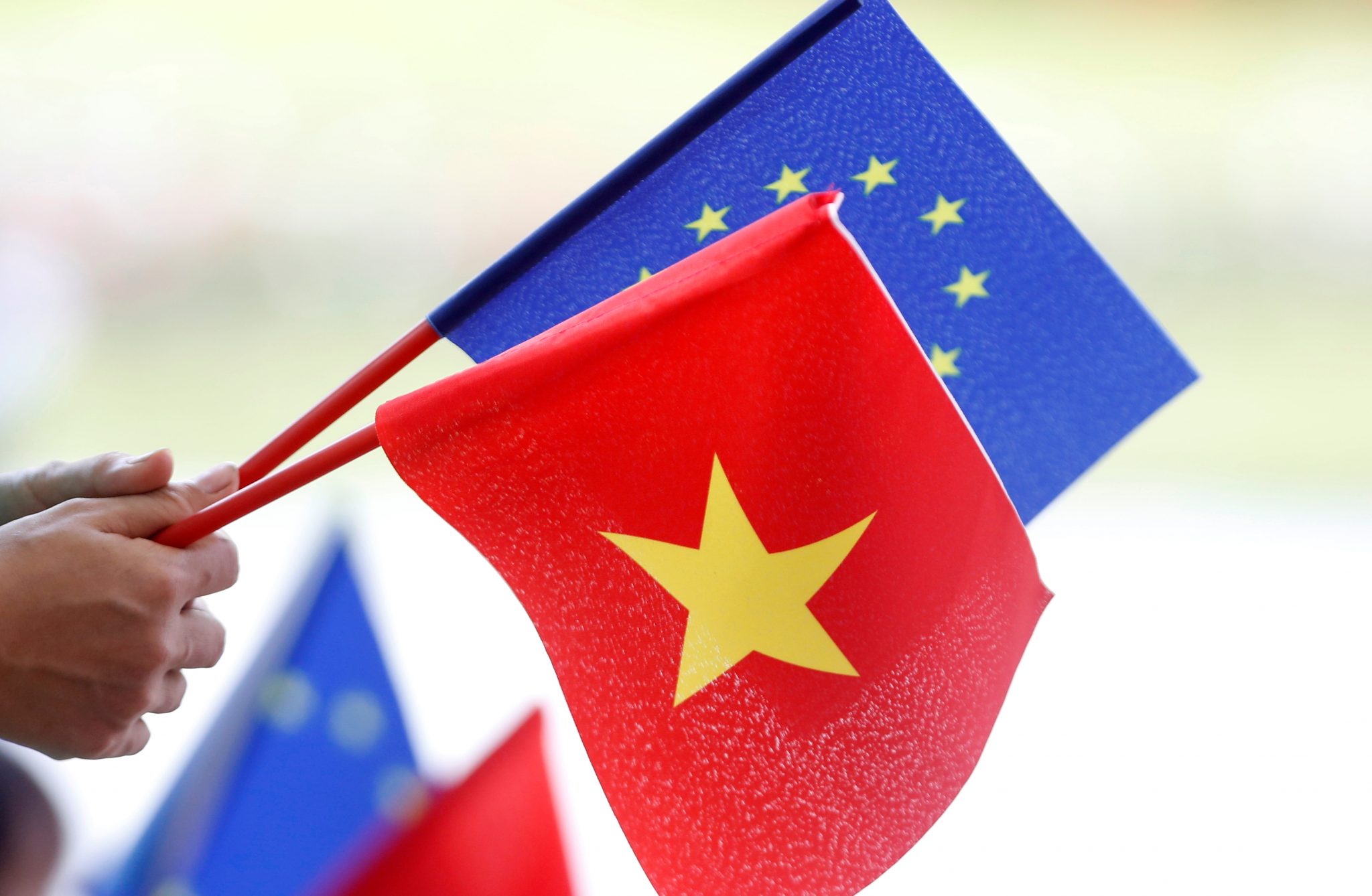Oracle announced a collaboration with Microsoft aimed at improving supply chain responsiveness and efficiency. The project centres on a new integration blueprint that bridges Oracle Fusion Cloud SCM with Microsoft Azure IoT Operations and Microsoft Fabric.
Under this plan, sensor and equipment data from factory floors is captured in real time via Azure IoT and forwarded through Fabric. That data will then feed directly into Oracle SCM workflows.
The goal: more visibility, faster decisions and automated responses, such as triggering maintenance, quality checks or inventory adjustments.
Among the features highlighted are secure, real-time intelligence and data flows from shop floor equipment into enterprise systems, automated business events that respond to changes (e.g. imbalance, faults, demand shifts), standardised best practices with reference architectures and prescriptive guidance for integration and embedded AI assistant capabilities in SCM to augment decision making and resilience.
Oracle frames this as part of its Smart Operations vision, where systems are more connected and responsive by design. Microsoft emphasises that Azure’s edge processing and Fabric’s real-time analytics are critical to turning raw IoT signals into actionable business events.
Would you like to learn more about AI, tech and digital diplomacy? If so, ask our Diplo chatbot!










